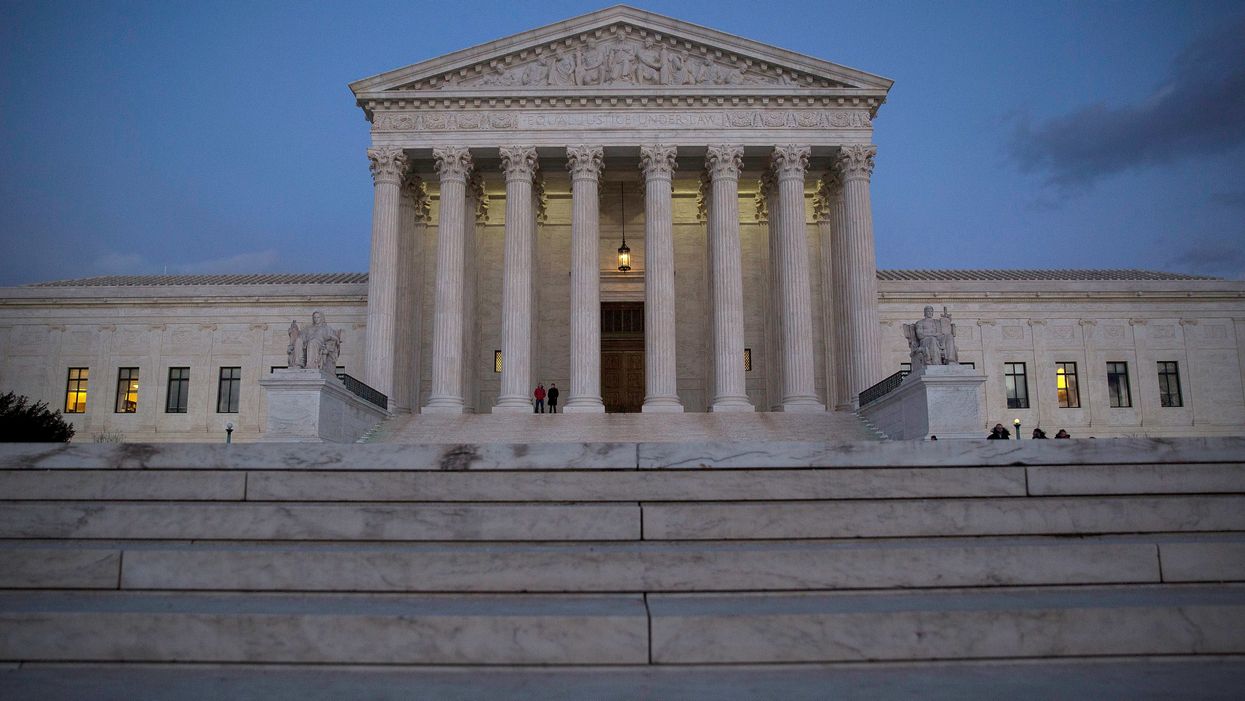The Supreme Court has turned down an opportunity to permit businesses to donate directly to candidates, deviating from a stretch of decisions expanding the "money is free speech" rights of corporate America.
As is routine, the justices made no statement Monday explaining why they decided against hearing the appeal of two family-owned businesses in Massachusetts that challenged the state's prohibition on for-profit companies making campaign donations.
They asked the court to reverse its 2003 decision allowing limits on corporate contributions to candidates, which would have been a significant expansion of the deregulation of campaign financing set in the Citizens United decision nine years ago. That landmark ruling declared that corporations have a First Amendment right to spend unlimited amounts on elections so long as money is allocated independently from the candidates.
The two suburban Boston companies, a chain of auto parts stores and a self-storage outfit, were represented by the libertarian Goldwater Institute. They argued the state ban on donations from for-profit corporations to candidates and political committees violated the First Amendment free-speech rights of businesses and the Constitution's guarantee of equal protection under the law, because the restrictions on businesses' political activity are more stringent than for nonprofit corporations and unions.
All federal candidates are barred from accepting donations directly from corporations, and 22 states also ban corporate contributions to candidates, according to the National Conference of State Legislatures.





















